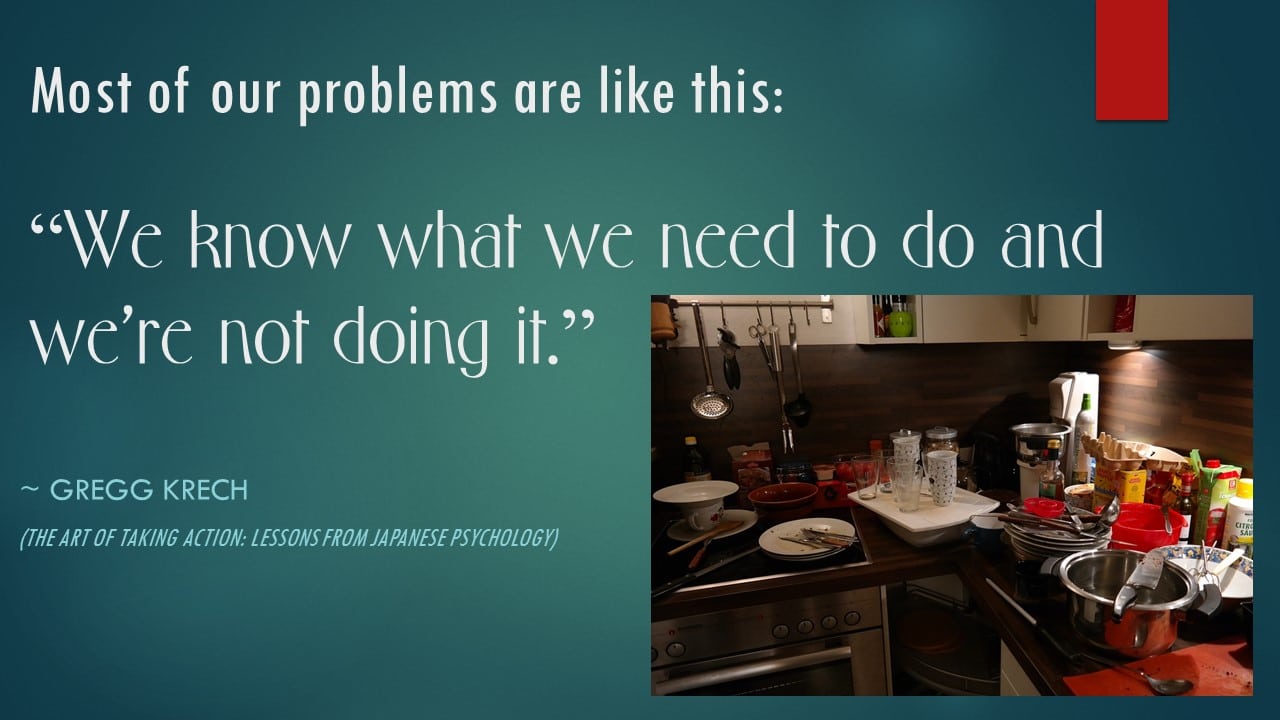Let’s think about budgeting for a moment. Or if you don’t like that word, then let’s think about planning. And creating blueprints for success.
When it comes to finances, having a plan can show us how our finite funds can cover our expenses. If your money is tight, you may have to be very specific about your spending allotments, but by looking at the bigger picture in this way you can understand the impact of your financial decisions. And being clear about the numbers can help to curb our impulsive financial urges.
For example, rather than hopping on a flight from Vermont to Tahiti because there is no end in sight for the brutal sub-zero January temperatures that make being outside a stinging experience, and there is no end in sight for the pandemic which makes going anywhere inside a dangerous proposition, your budget may prompt you to ride out the impulsive urge.
Instead of hopping on that plane, you might throw another log on the fire and watch South Pacific with a cup of hot chocolate. A budget or financial plan, can keep you grounded, literally and figuratively, when that is what your financial life calls for.
Of course money is not the only limited resource we can plan for. We also can budget and plan our time. For example, we might set upper limit parameters for those things we love to do (i.e., no more than x minutes for . . . ) and lower limit parameters for those things we’d be happy to ignore (at least x minutes for . . .) Such plans can help us to maintain a degree of balance, so we don’t spend the weekend browsing the internet, while our plants are dying of thirst, our bodies are withering from neglect, and our dreams are nowhere to be found.
But here’s the point I really want to make. The same skills and strengths that we use to deal with money and with time can be applied very successfully to the arena of food.
Many of us have foods that we want to eat for health purposes, and other foods we want to eat for the sheer joy of it. Hopefully there is some overlap between these two groups, but sometimes there isn’t. We each get to decide what those foods are going to be and how much of them we’re going to eat.
If we start out the day with some boundaries to give us guidance, we are less likely to overindulge in the fun foods. Having what amounts to a food budget, of sorts, can help us to employ our budgeting skills and align our behaviors.
We can hold off for a while (until the next meal, or the next day . . .), just as we might do when dealing with money and time, rather than impulsively indulging. This is not a new skill that we need to develop. It’s a familiar skill that we need to apply to the food arena, if that’s where we are struggling.
For example, I made a dozen zucchini chocolate chip muffins yesterday. In the past, muffins have been my downfall. I have a muffin glutton that lives inside of me, with a long history of taking charge whenever muffins are in sight and within reach. But that glutton has, at least for quite some time, gone dormant. It seems she has met her match with my 4-pillared plan: I eat three times a day; I don’t eat anything in between; I alternate between water and food; I eat no more than 2 flour products (or one sweet).
What this means, when facing a dozen muffins right out of the oven, is that I have to employ my budgeting skills. I can’t just mindlessly eat whatever I want, just as I can’t mindlessly spend whatever I want when I am in a store. If I eat two muffins now, I can’t eat one later. If I plan to have pasta later, I can’t have 2 muffins now. Yes to this means no to that. It doesn’t get much simpler than this.
Within my food plan I get to make choices and I get to live with the consequences. I get to practice patience and restraint and to live with moderation. I get to consider the rest of the day, rather than just being driven by the moment. It is so empowering to respect these boundaries.
If you are struggling with food, I invite you to create some kind of food blueprint for yourself. What are the parameters you want to include? Don’t create an impossible dream which is guaranteed to fail, but do give yourself a bit of a stretch. See what you can learn from your experiment and join us for this year’s Solving the Food Koan program, which begins on April 25th. There are so many relevant principles from Japanese Psychology to draw on and learn from, when it comes to food.
Our registration form will be ready soon. In the meantime, you can contact me if you have questions or if you’d like to get notified when regisrtation opens up — linda@todoinstitute.org
Bon appetit!
Tags: food Health wellness













